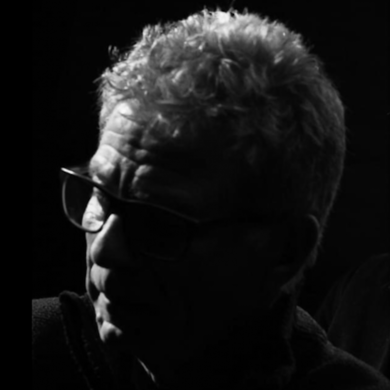In certain parts of the world, vast farmlands have been colonised by genetically modified crops for our staple foods (i.e. wheat, soybeans, and corn). Introduced thirty years ago, the transgenic biotechnology has since been commercialised by the patent-protected corporate sectors. Taking over the wholesale markets, the herbicide-tolerant and pest-resistant seeds promise higher yields and profits without much ecological concerns. In recent years, the European Union has considered the adoption of a new seeds policy which favours the corporate seeds industry; making all seeds subject to strict regulation. It is feared that such legislation could hurt organic varieties and prevent seed exchange by farmers and savers.
Shu Lea Cheang’s digital edition Seeding (2015) derives from Seeds Underground (2013), which is both a web interface and a public performance project where seed exchange parties are held. The work, turns the text from original court document from the Supreme Court of the United States, Vernon Hugh Bowman v. Monsanto case, a legal case involving the infringement of a seed patent by the former of the latter (held in Washington, D.C. on 19 February 2013). In the piece, the individual letters from the document dissolve, and finally reappear as ever-replicating seeds. The seeds are symbolically transmitted by a divine wind and then distributed by human/machine power across the vast virtual farmland. Seeding is a powerful gesture towards the detriments of patents on organic farming and the desire for the liberation of seeds.



